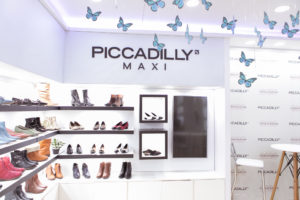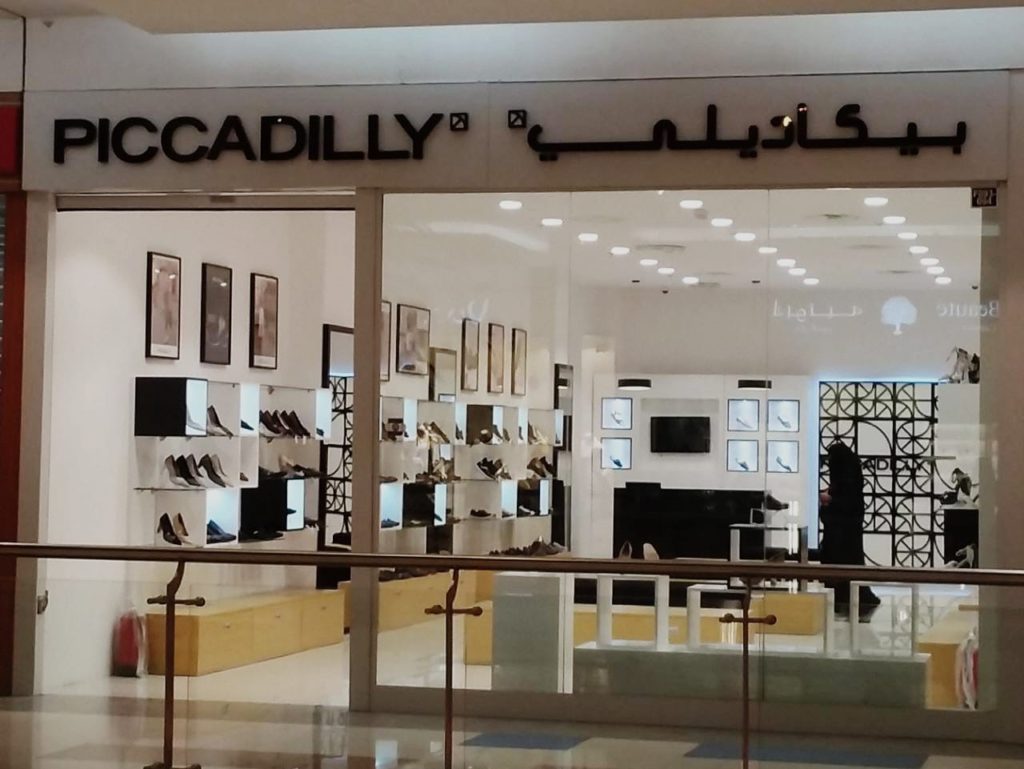São Paulo – The Brazilian women’s footwear manufacturer Piccadilly exports 35% of its output to 100-plus countries, including 12 Arab ones, which take in 12% of total exports between them. The company has 14 dedicated stores in Kuwait and three in Saudi Arabia. Piccadilly plans to increase that share to 15% by the end of the year.

Established 65 years ago, the company is based in Igrejinha, Rio Grande do Sul. “It is a very traditional footwear industry enterprise, with a very solid export-oriented culture,” Piccadilly export manager Bruna Kremer told ANBA.
The company only exports products under its own brand. “We take great pride in saying that we work under our own brand, unlike other companies that sell in that region, because we’re aware that Brazil has become competitive in private-label demands (supplying product under third-party brands). We don’t do that,” she explained.
Piccadilly is highly active, especially in Latin America, for logistical reasons, and because it has been here for many years, Kremer said. The manager argues that the strong US dollar is conducive to exports because it makes Brazilian product more competitive.

The company began exporting in the 1990s, and by the 2000s it was selling to some Arab countries, and its sales team began joining regional fairs. “Presently, Arab countries are important to us,” said Kremer. The twelve Arab countries Piccadilly sells product to are Kuwait, United Arab Emirates, Saudi Arabia, Bahrain, Qatar, Oman, Algeria, Tunisia, Morocco, Egypt, Lebanon, and Libya.
Piccadilly makes comfort-oriented, fashion-conscious women’s shoes. “Arab women like to dress up, they really care about how they look and they invest a lot in accessories such as purses, perfumes and make-up, and to us that’s great, because we make comfortable heeled shoes,” said Kremer, who also said sneakers – which the brand also makes – are on their way up.
Piccadilly’s biggest competitor in the Arab countries is China, due to logistics as well as prices, said Kremer. “But our price has been as competitive as China’s since 2019 due to the rising dollar. Besides, Brazilian shoes are more well regarded. They are synonymous with quality and design,” she said.
Piccadilly sells to importers that distribute the product in the Arab countries. They sell direct to multibrand and dedicated stores.
These dedicated outlets are not franchisees; they’re owned by partners that envisioned a business opportunity in embracing the brand. “All we do is come up with a standard layout and provide marketing support with videos and photographs, but it’s not a franchise system” explained Kremer.
Kuwait

As for having 14 stores in as small a country as Kuwait, Kremer said there aren’t many multibrand stores in the country. “With our branded stores, we also provide better service with trained staff, and clients get access to the entire collection. That’s not the case with multibrand stores, which will only buy some items,” she explained.
Piccadilly has been in Kuwait for almost 16 years now. The country gets 40% of exports to Arab countries, followed by the UAE at 25% and Saudi Arabia at 10%. “We move lots of units there. Kuwait is a sales phenomenon, and these great results are a reflection of our local partner, who’s really invested in our brand,” she said.
Growth
In order to increase exports to Arab countries, Piccadilly intends to explore digital media, among other things. “We will do it by exploring these outlets and the digital thing, which many clients used to be unaware of, and we saw it become relevant last year and this year. We’ve also seen above-average growth in Morocco and Egypt,” she said.
In the long run, Kremer said the company plans on opening dedicated outlets in the UAE.
Translated by Gabriel Pomerancblum




